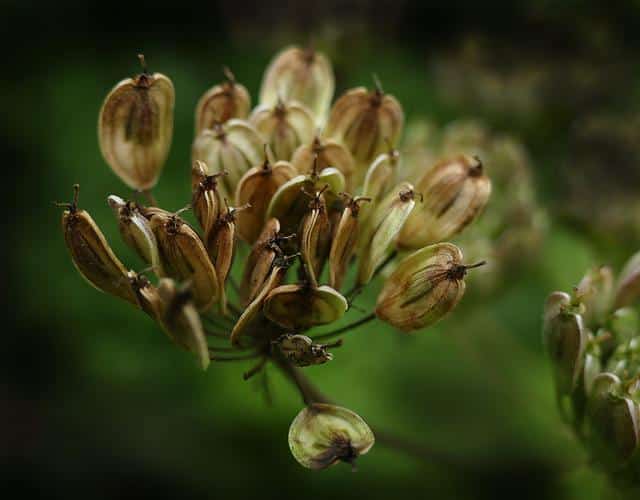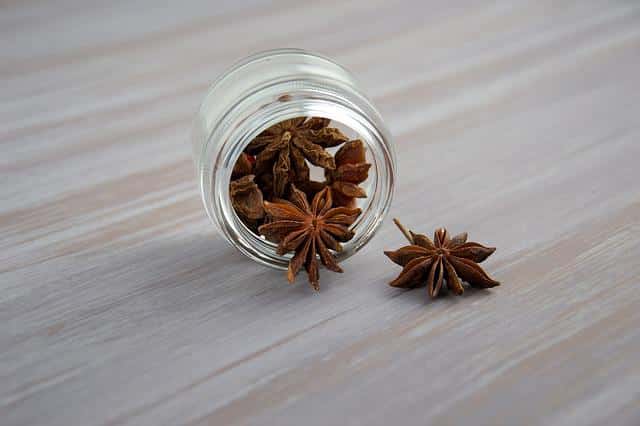
Anise is the common name of the species Pimpinella anisum.
Anise is a term that comes from the French anis , in turn derived from the Latin anīsum . This word , meanwhile, comes from the Greek ánnēson .
The first meaning mentioned by the Royal Spanish Academy ( RAE ) in its dictionary refers to a plant from the umbelliferae family group. In any case, other similar vegetables are also called anise, especially those that are similar in their aroma.
The common anise
Common anise , green anise or simply anise is the species with the scientific name Pimpinella anisum . As we already indicated, it is an umbellifera , which means that it is a dicotyledonous angiosperm that has simple, alternate leaves; umbel flowers of yellowish or whitish hue; and fruit formed by a pair of achenes, each with a single seed.
Analyzing these data in depth, we can add that, as an angiosperm, anise is a phanerogamous plant (its reproductive organs are visible as flowers) with carpels that make up an ovary. Furthermore, being a dicotyledon, its embryo develops two cotyledons (first leaves).
If we focus on its visible characteristics, anise shows a branchy stem, leaves that are divided into laciniae, and small, white flowers . Its fruits are small oval-shaped seeds, greenish in tone and a characteristic aroma.

Star anise is used as a condiment.
Its use in the kitchen
Anise seeds are used in the preparation of different foods. They are generally used in pastries and bakeries as a condiment .
A liquor , also called anise, is also prepared with the fruit. This alcoholic beverage, however, can be made with other plants that contain the anethole component, such as fennel and star anise .
The stalks, on the other hand, are often compared to celery for their texture and can be consumed. Its flavor is less invasive than that of the seeds.
Anise as a medicinal plant
Medicinal properties have been attributed to anise since at least the end of the 8th century . At that time, Charlemagne included it in his legislative act “Capitulare de villis vel curtis imperii” , which ordered the cultivation of certain species in the royal gardens for their benefits .
Due to its active ingredients, anise is usually recommended for the relief of stomach problems because it reduces colic and helps digestion . It is also suggested to alleviate respiratory disorders and combat coughs.
It should be noted that a doctor is the professional who must indicate what to take to affect health . It is never positive to self-medicate or follow the advice of people who are not medical experts.
Other species
As we expressed above, Pimpinella anisum is not the only species called anise. Illicium verum , for example , is referred to as star anise , star anise or Chinese star anise because of the shape of its fruit.
Japanese star anise ( Illicium anisatum ); the sticky anise , gypsy anise or chokecats ( Anthriscus caucalis ); and wild anise , Florence anise , wild anise or fennel ( Foeniculum vulgare ) are other plants with similar properties , characteristics and names.
